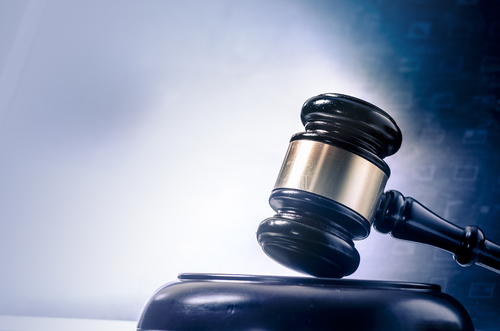When there is an ongoing dispute in contracts or business matters, a civil case is a pathway to resolution. Torts are civil cases based on negligent acts that have resulted in harm or damage. Civil cases may be used to resolve intentional or negligent actions of others, usually resulting in compensation for damages.
Personal injury suits are also considered civil cases. A personal injury claim may be made after suffering injuries due to an automobile accident or the negligence of another person or property. Following the accident or injury, there are certain case stages after an accident. These cases are filed in either state or federal courts. Where a case is filed is based upon the circumstances of the case, where the parties live and damages sought under the claim. A personal injury or civil lawsuit is usually filed by an attorney who can guide the plaintiffs through the complex process of litigation.
The Discovery Process
Discovery is one of the most important tools a civil case attorney will use, as part of which the lawyer asks for particular information and conducts investigation activities to substantiate the client’s claims, while also learning more about the case he or she is building. Discovery is a lawsuit process wherein the lawyers for each side can request certain information in accordance with the state’s rules of civil procedure or those of the federal court. An example of a discovery process is submission of a series of questions by a lawyer, called interrogatories, which the other side of the case must answer. A medical examination is an example of one thing that may be requested by one side of the other.
Depositions
Depositions are another tool of discovery. During a deposition, one side’s lawyer is able to ask questions of the individuals involved in the case on the other side. These individuals are usually called the deponents. Depositions may be requested of the parties in the case, such as defendants or plaintiffs, or even witnesses.
Depositions are conducted to learn what the deponent knows. Witnesses often have information that is critical to the case. Lawyers can also use depositions to preview testimonies that will be made at trial. Witnesses are often evaluated by lawyers during depositions, according to how they will appear in court and to gain an impression of the witness and their credibility.
A testimony of deposition can be used later in the case. When deposition testimony is contradictory to court testimony by the same witness, the court testimony may be impeached due to questionable credibility.
Parties Present at a Deposition
The plaintiff, defendant, lawyers for each side, deposed parties and a court reporter are usually the ones attending a deposition. Court reporters are tasked with keeping an accurate written record of the deposition. Videographers are also often used to tape the deposition. Deponents may include:
- Defendant
- Plaintiff
- Witnesses
- Medical experts
- Character witnesses
- Field experts
- Others
When questions are asked during a deposition, all parties are responding under oath at the penalty of perjury. As during an examination or cross-examination in court, deponents are asked questions by lawyers. But unlike in court, there are fewer objections that a deponent’s lawyer can raise to prevent answers being made to questions. A lawyer may “object to the form” of questions. Judges often must be asked to rule on matters of depositions when testimonies are blocked by one lawyer or the other.
When you will be participating in a deposition, it is important to ask any and all questions you have about the process before the deposition procedures begin. Deponents should always refresh their memory by reading through documents, previous statements, testimony, emails, letters and recorded reports so they have accurate recall during the deposition. Deponents should remain calm and unemotional at all times, providing clear, confident and concise answers.
A Civil Case Lawyer Is Needed for Your Civil Case
When you want to file a civil case, such as a personal injury case, it is important to have an experienced attorney you can rely upon for guidance throughout the process. A qualified personal injury lawyer will ensure you understand the deposition process and other aspects of a civil case before events of the case unfold.

